Science Talk
With our Science Talk blog, we hope to lift the lid on the black box that is the ICR: to show you inside our labs, to introduce you to a few of the people here who make the discoveries, and to allow them to tell some of the stories behind the science. We try to put our discoveries in a wider scientific context, and give an idea of how our science is actually done. We also give you the view from the ICR of important developments in the wider world of cancer research.
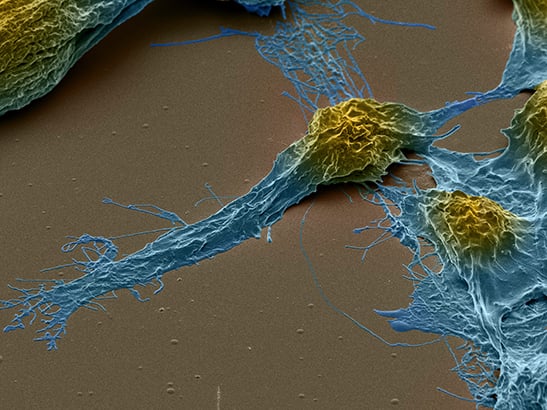
Curing brain cancer – the challenges ahead
Researchers and clinicians from across the world, including our Chief Executive Professor Paul Workman and Professors Raj Chopra and Louis Chesler, have come together to set out how future research can finally deliver major progress against brain cancer in both adults and children. Our Science Communications Officer, Conor McKeever, looks at the group’s recommendations.
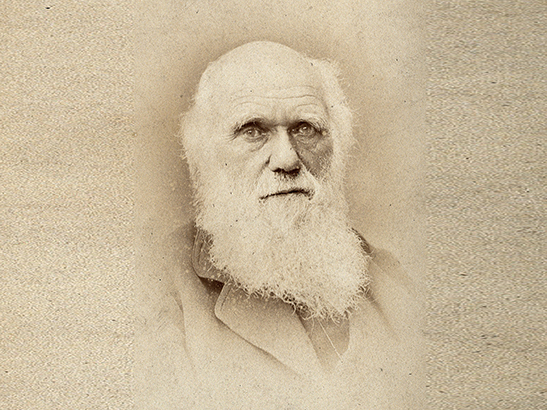
Darwin Day 2019: unpicking cancer evolution to beat cancer at its own game
To celebrate Darwin Day, the ICR holds an annual lecture to recognise the ongoing relevance of Darwin’s principles of natural selection in cancer research. This year Professor Joel S. Brown from Florida’s the Moffitt Cancer Center will discuss how figuring out cancer’s evolutionary strategies can help us tackle the problem of cancer drug resistance in an era of personalised medicine. The ICR’s Sarah Wells spoke to him to find out more.
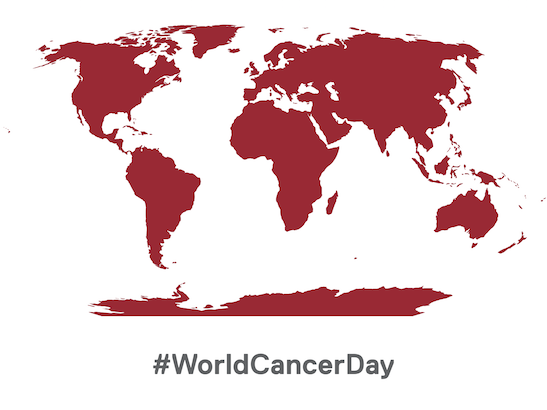
World Cancer Day 2019: how everyone at the ICR helps play their part
Everyone at The Institute of Cancer Research, London plays their role in improving the situation for patients with cancer. This World Cancer Day we are joining the conversation about how we are contributing.
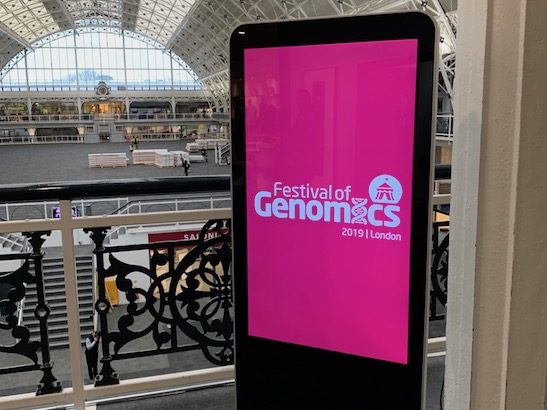
Cancer genomes everywhere: lessons learned from the Festival of Genomics
Cancer featured prominently as scientists from around the world met recently at the Festival of Genomics conference in London. Dr Keith Bradnam, the ICR’s Digital Strategy Manager, was in attendance to see talks by ICR researchers and find out about the latest developments in cancer genomics.
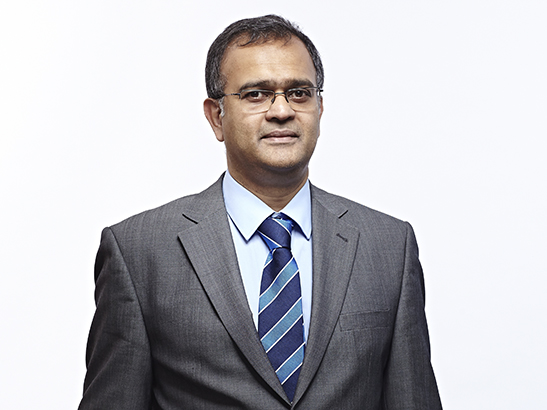
“The future’s bright” – Professor Udai Banerji reflects on the evolution of anticancer drugs
Marking his promotion to Professor after 18 years at The Institute of Cancer Research, Professor Udai Banerji gave his inaugural lecture to packed lecture theatres across our two sites. Conor McKeever, our Science Communications Officer, was there to hear him talk about his work on the development of new anticancer drugs, and where he sees the field going next.

What does the NHS Long Term Plan really mean for childhood cancer?
The NHS released their Long Term Plan this week – and much of the media coverage focused on the news about genetic testing for childhood cancer. We look at the plan and ask whether it will really deliver for children with cancer.
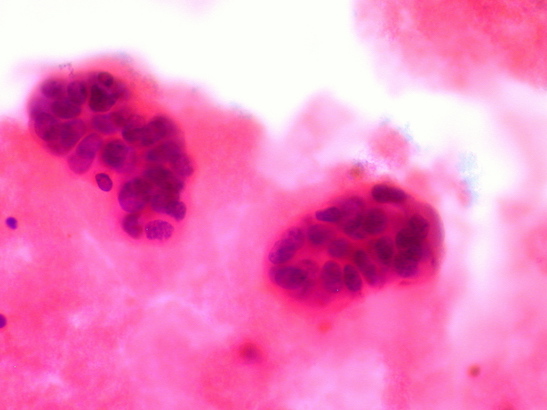
Are older mothers really at higher risk of breast cancer?
Recent headlines reported that older mothers are at higher risk of breast cancer. But that was just one piece of evidence taken from a large study co-led by the ICR looking at a whole range of pregnancy-related factors and their role in breast cancer risk. The ICR’s Sarah Wells dug into the stats to put the headlines into context.
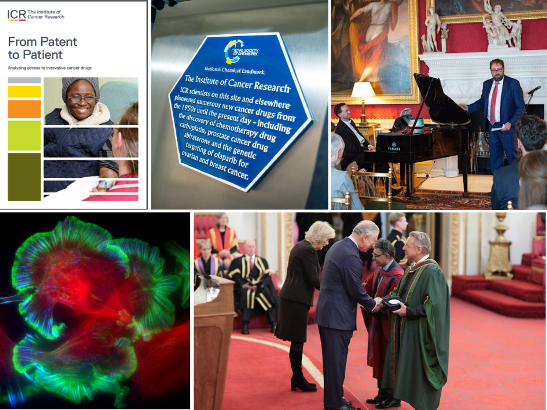
Buckingham Palace and Blue Plaques: ICR’s 2018 year in review
It's been a busy, and exciting, year for the ICR. In this blog post we look back and reflect on some of our highlights that exemplify the broad range of stimulating and thought-provoking work that happens here.
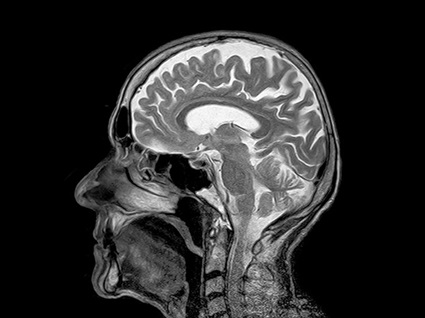
Baroness Tessa Jowell and advances in brain cancer research celebrated at Palace of Westminster event
The ICR’s Tilly Haynes attended an event, hosted by The Brain Tumour Charity, in the House of Commons to hear about the latest progress in brain tumour research and treatment, and how the ICR is contributing to achieving the charity’s strategic goal.
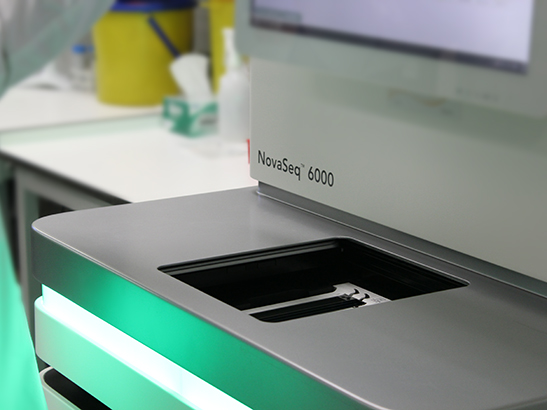
The 100,000 Genomes Project has finished: what were the challenges and what comes next?
This week, the Health Secretary Matt Hancock announced that the 100,000 Genomes Project has reached its goal of decoding 100,000 genomes from NHS patients. We take a look at some of the challenges that had to be overcome to reach this point and ask what happens next?

The future of CAR T cell immunotherapy in the UK
Cancer research has delivered major breakthroughs in recent years, and CAR T cell therapy is a stand-out example. Dr Claire Hastings went along to an event run by the Financial Times and Gilead Sciences to hear what needs to happen next to ensure this particular breakthrough treatment benefits patients in the UK.
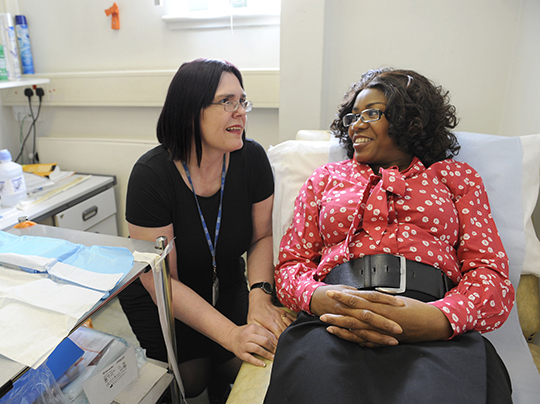
Harnessing the power of patient data and the patient experience to improve cancer research and care
This year’s War on Cancer event – hosted by The Economist – was focused on the technological revolution and the future of patient engagement. Lydia Brain, the ICR’s Cancer Stories Officer, reports back from the conference, where she heard from an impressive range of speakers that included policy makers, industry leaders, scientists and patients.
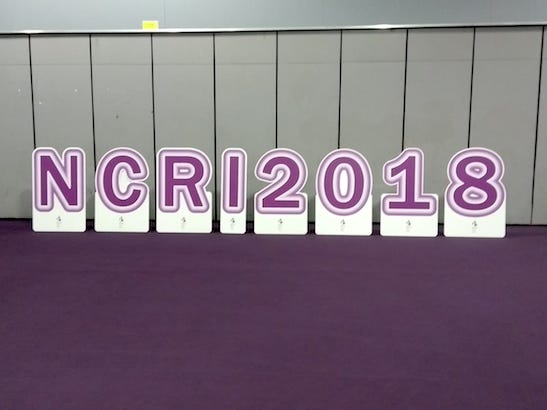
Reducing inequalities, immunotherapy and quality of life: three key themes from NCRI 2018
As the conference stands are packed up and the signs taken down, Lydia Brain reflects back on some of the most commonly recurring topics from the conference.
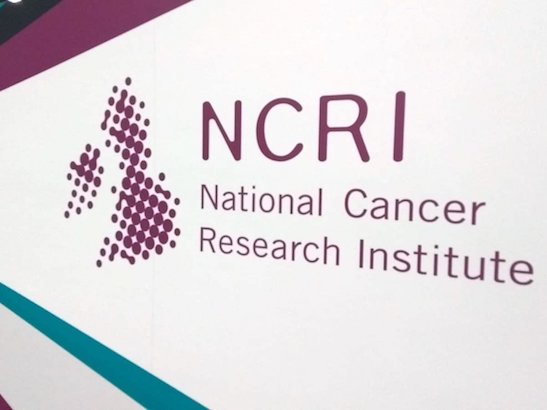
NCRI 2018: Three new ways researchers are combatting cancer
An intriguing session at the NCRI conference gave a glimpse of some novel ways for attacking cancers.
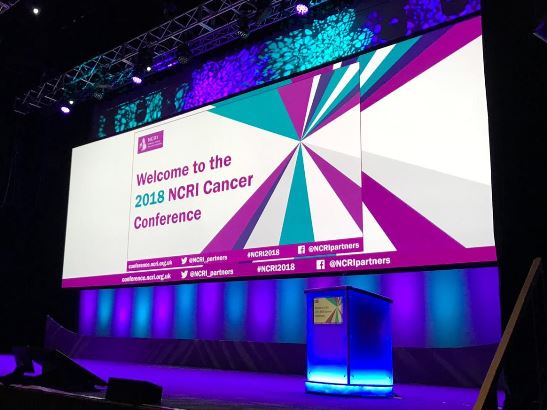
NCRI 2018: Using liquid biopsies to understand cancer treatment
Testing for cancer cells and DNA in the bloodstream is showing huge promise as a way of monitoring cancers and how they are responding to treatment. At the 2018 NCRI conference in Glasgow, ICR researchers spoke about how these so-called liquid biopsies can guide clinical decisions for cancer patients.
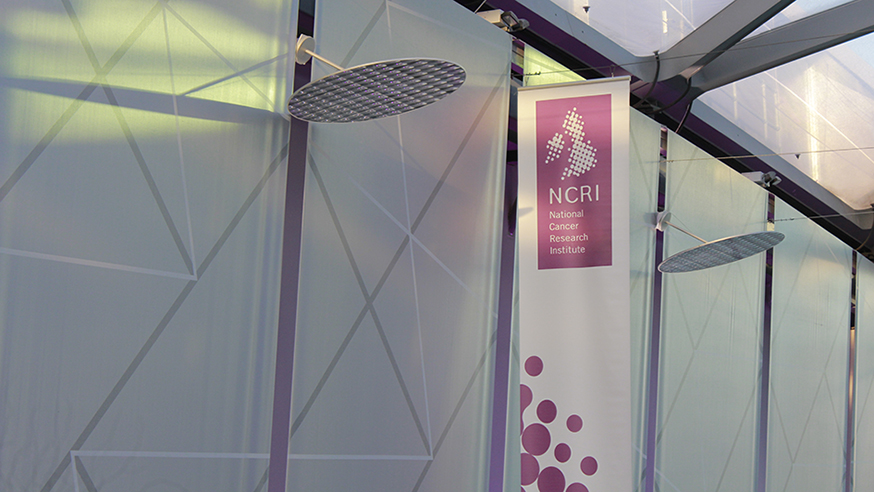
NCRI 2018: World-leading cancer researchers and clinicians gather in Glasgow
This year The Institute of Cancer Research, London, is in Scotland to attend the National Cancer Research Institute (NCRI) annual conference. As the UK’s largest platform for cancer researchers, clinicians, industry and patients to showcase the latest advances in cancer research, the ICR will be reporting on the cutting-edge science throughout.
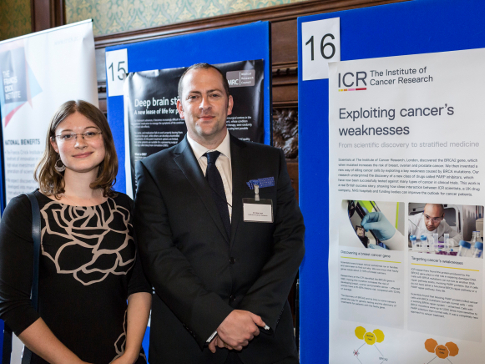
“Here you really can make a difference” – Professor Chris Lord reflects on the biggest developments in his career so far
Professor Chris Lord, Deputy Head of the Division of Breast Cancer Research, has given his inaugural lecture to mark his promotion to Professor after 18 years at the Institute of Cancer Research. Conor McKeever, our Science Communications Officer, was there to hear him talk about the biggest developments in his career so far.

Biology Week 2018: the scientists studying what makes cancer tick
Looking back to the Royal Society of Biology’s 7th annual Biology Week, Sarah Wells met with Professor Jon Pines, Head of the ICR’s Division of Cancer Biology, to find out what the division has been working on, and where he sees our fundamental biology research going next.
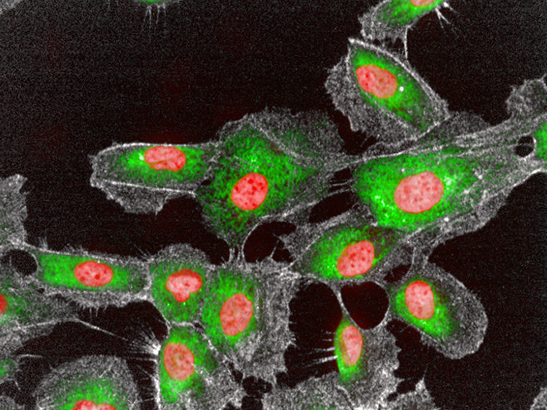
Breast Cancer Awareness Month: Five advances in breast cancer research in 2018
October is Breast Cancer Awareness Month – an annual international health campaign. Web Editor Dave Morgan rounds up five exciting breast cancer news stories from the ICR in 2018 so far.

Nobel Prize for Medicine 2018: the early research that led to ‘revolutionary’ cancer immunotherapy
Two scientists who made key discoveries about how the immune system is regulated have won the 2018 Nobel Prize for Medicine. Dr Claire Hastings explains how their work led to a revolution in cancer treatment.